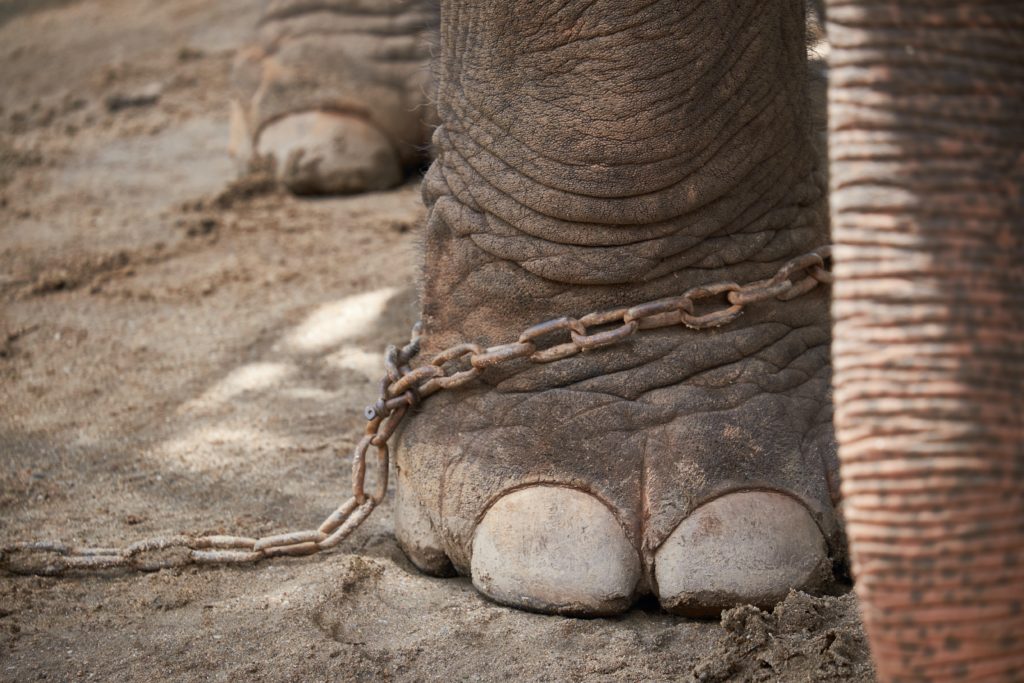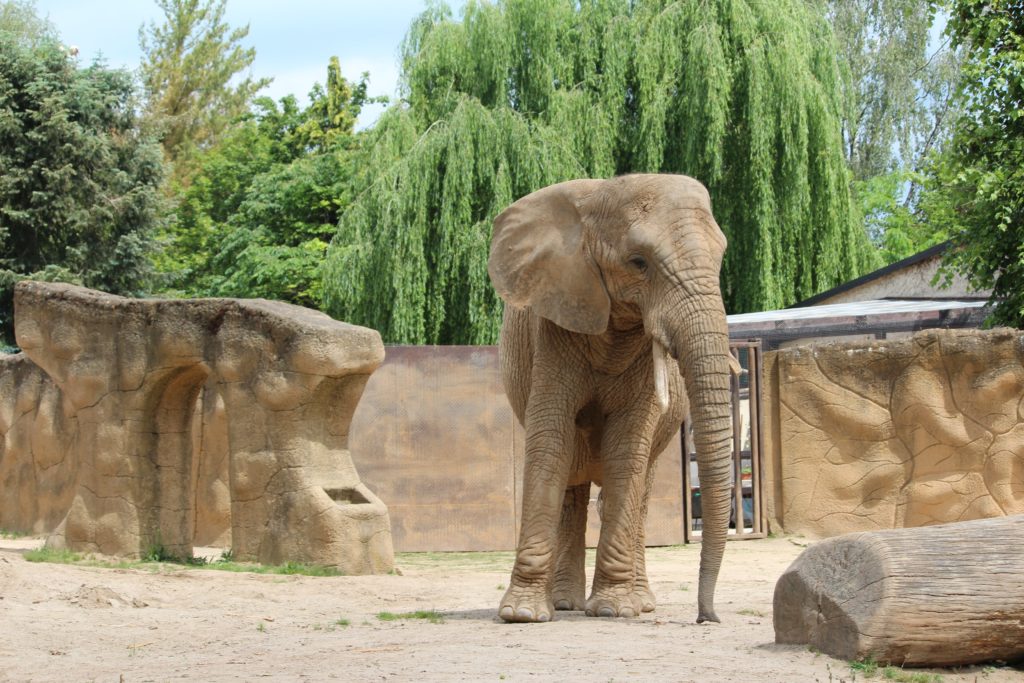4 Mins Read
Happy, an elephant housed at the Bronx Zoo in New York since 1977, has been deemed intelligent and worthy of compassionate care, but not entitled to freedom. The decision came from New York’s top court after the Nonhuman Rights Project launched a case for her release. The decision cannot be appealed and represents the latest defeat for the non-profit, which has previously sought the release of other animals, including a chimpanzee named Tommy.
The ruling was handed out with a 5-2 majority. Prior to the announcement, the Bronx Zoo claimed that a victory for the Nonhuman Rights Project would set a dangerous precedent. It stated that service animals, pets, zoo residents and farm animals could all be petitioned for release from their various forms of captivity.

Animals are not humans
The chief judge presiding over the case of Happy the elephant, Janet DiFiore wrote in her ruling that “while no one disputes that elephants are intelligent beings deserving of proper care and compassion,” it is inappropriate to extend habeas corpus to them as it is designed to protect the liberty of human beings only.
The ruling stated that extending human rights to animals “would have an enormous destabilizing impact on modern society,” with human-animal interactions forever altered. No expansion or examples were forthcoming.
The case loss means that Happy will not be taken from the Bronx Zoo to a more spacious sanctuary, as the Nonhuman Rights Project demanded. The zoo claims that Happy is not illegally imprisoned and also, not a human. It states that she is cared for in a manner befitting the “magnificent creature she is”.
In 2005, Happy became the first elephant to pass the mirror self-recognition test. Deemed an indicator of self-awareness, the Nonhuman Rights Project used this as an argument against Happy being kept in solitary confinement, claiming her to be lonely. “Happy spends most of her time indoors in a large holding facility lined with elephant cages, which are about twice the length of the animals’ bodies. The public never sees this,” The New York Times reported.

The judges who disagreed with the ruling
Two judges went against the grain and voted in favour of Happy’s release. Rowan Wilson and Jenny Rivera penned individual rebukes of the ruling, both stating that as an intelligent animal, Happy should be extended rights.
“[Happy is being held in] an environment that is unnatural to her and that does not allow her to live her life,” Rivera wrote. “Her captivity is inherently unjust and inhumane. It is an affront to a civilized society, and every day she remains a captive — a spectacle for humans — we, too, are diminished.”
The Nonhuman Rights Project, though not successful overall, considers the persuasion of two judges as a mini victory. The group has another case in motion, in California, and more planned globally and will use the partial victory in Happy’s case as a benchmark for future approaches.
“We will take a really close look at why we lost and we’ll try to make sure that doesn’t happen again to the extent that we can,” Steven Wise, the Nonhuman Rights Project founder, said in a statement.

Extending rights to animals
In December last year, Spain passed a landmark legislation that extended both domestic and wild animals the same rights as humans. Both are no longer objects in the eyes of the law and deserving of consideration that any living beings should be granted by virtue of birth. The legislation focuses mostly on domestic animals and what happens in the case of family breakdown or inheritance. Welfare of animals is now given priority, with joint custody arrangements now possible when a couple splits up but both claim to want custody of an animal companion. The move received widespread support with only the far-right political part Vox voting to throw out the bill.
The U.K. recognised octopuses, lobsters, and crabs as sentient creatures shortly before Spain’s ruling. The result is that none can be boiled alive anymore. A report detailing more than 300 scientific studies that confirmed the creatures’ ability to feel pain and fear led to the sentient declaration. The U.K. joined Switzerland, New Zealand, and the U.S., where live boiling had already been banned.
Lead photo by Wolfgang Hasselmann at Unsplash.





